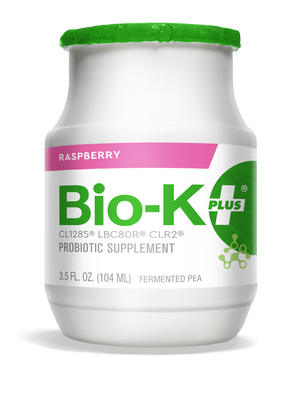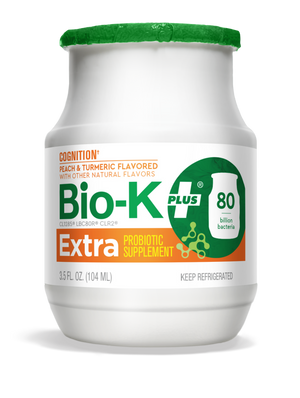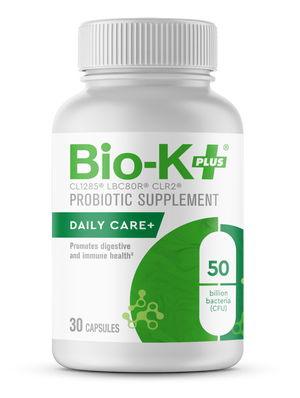Eating in Spartan mode
Spartan Race, Tough Mudder, Prison Break – sound familiar? These extreme obstacle courses that are so popular with athletes who want to push their limits are springing up everywhere. Whether you’re beginner exerciser or a toughened athlete, whether you want to challenge your limits or take part in an experience that will change your life, the physical and mental preparation has to begin the minute you sign up for the competition. Here’s some advice to make the most of your Spartan Race.
Find out what’s hiding behind the wall
Extreme obstacle courses demand cardiovascular endurance and fail-proof muscles. While you don’t have to be a professional athlete, anyone who takes part in one of these courses has to be in good shape and good health. Your training program should focus on interval training on different types of uneven terrain and learning techniques for getting past the obstacles that lie along the route. If you want to train specifically for a particular event, you should begin at least four months in advance and work progressively toward your goal.
In general, you need at least two runs of about 45 minutes to an hour during the week and one run of an hour and 15 minutes or more on the weekend. You also need to add in a few interval training sessions that combine 30- to 60-second sprints with push-ups and squats. And don’t neglect muscle strengthening exercises for your abs, legs, arms and back. Depending on your physical condition when you start out and your goal, it might be a good idea to choose a customized training plan designed by a certified kinesiologist.
Eating in Spartan mode
Don’t imagine you can wait until the day before or the day of the event to adjust your diet. Neglecting this important area will have harmful consequences for your training results: lack of energy, trouble concentrating, sub-optimal muscle development, dizziness, etc. You’ll really benefit from a daily diet that is well-balanced and specifically selected for your needs. Since you will be training for several hours each week, you need to make sure you are eating a wide variety of foods, such as fruits and vegetables, whole grains, legumes and lean proteins, to reduce the risk of nutrient deficiencies. It’s also recommended that you choose foods that are high in carbohydrates (sugars) to continually renew your muscle glycogen reserves, which will be put to the test every day. You can find excellent sources of carbs in foods such as maple syrup, honey, grain products (bread, cereal, rice, pasta), fruit, fruit juice, legumes and dairy products. Glycogen is an essential component of any sports diet, because it provides the fuel your muscles need.
To ensure you have a balanced diet, you can refer frequently to the Harvard University Healthy Eating Plate. The Healthy Eating Plate gives you a good idea of the proportions you should aim for in the different food groups to create a nourishing and satisfying meal, whether the foods are mixed in a salad or stirfry or separated on your plate.
Sample meals based on the Harvard Healthy Eating Plate:
Breakfast: 1 egg (healthy protein), 2 slices of whole wheat toast (whole grain), 2 teaspoons of non-hydrogenated margarine (healthy oil), 1-2 pieces of fresh fruit or 1 smoothie (fruit).
Lunch: kale (vegetable), pear (fruit) and quinoa (whole grain) salad with homemade dressing (healthy oil), accompanied by a healthy protein (cooked chicken, tuna, egg).
Plan your carb consumption so you don’t run short of fuel
On the days leading up to the race, it’s important to carefully plan what you eat, to make sure the glycogen reserves in your liver and muscles are at their peak. If you have chosen a race like the Sprint (5 to 7 km and 20 to 23 obstacles), a varied diet based on the Harvard Healthy Eating Plate and meals with lots of carbohydrates in the two or three days before the exertion and on the morning of the race should be enough. What if you’re doing a Super, with a distance of 12 km and 24 to 29 obstacles? Then a glycogen overloading protocol extended over two to three days might be a good idea. Studies suggest aiming for 7 to 12 g of carbohydrates per kilo of body weight per day, depending on how long you maintain the protocol. In these conditions, all athletes benefit from a custom diet set by a sports nutritionist.
On your marks, get set, eat!
On the morning of the event, it is crucial to eat well. Your body will need every scrap of energy it can get to confront the obstacles in your path. The secret is eating foods that you digest well and are used to eating, not too fatty or salty and without a lot of fibre or spices. You can slightly modify the proportions of the food groups in your plate as follows: 1/2 plate of whole grains (whole wheat bread, porridge), 1/4 healthy protein (egg, lean cheese) and 1/4 vegetables or fruit (fruit, fruit juice or smoothie). Nerves can often trigger digestive troubles, which is why we suggest taking a probiotic supplement for a few days before a competition. It might help you avoid a heartbreaking underperformance. And don’t forget: never ever try new foods on D day!
At the starting line
Less than an hour before the race, you can eat something light, packed with simple or complex carbohydrates that are easy to digest, to deliver an energy boost to your body quickly. A banana, a smoothie, a slice of bread with peanut butter or jam, a homemade muffin or a handful of dried fruit are good options. During the race, don’t forget to drink enough and, if you need to, have a little carbohydrate-rich snack to ward off exhaustion.
So, are you ready for the experience of a lifetime?





